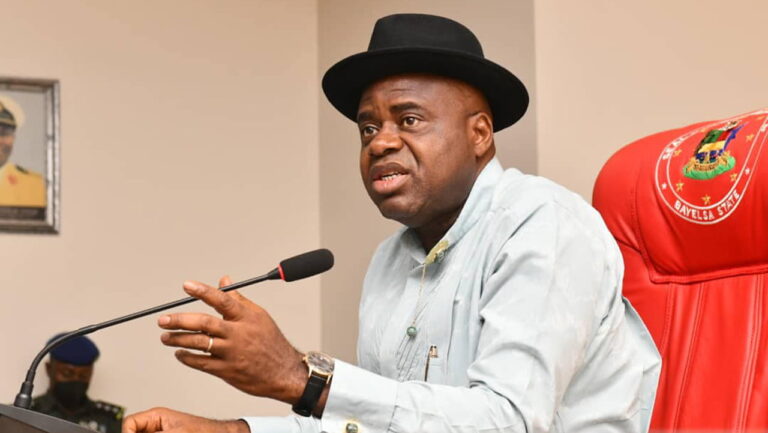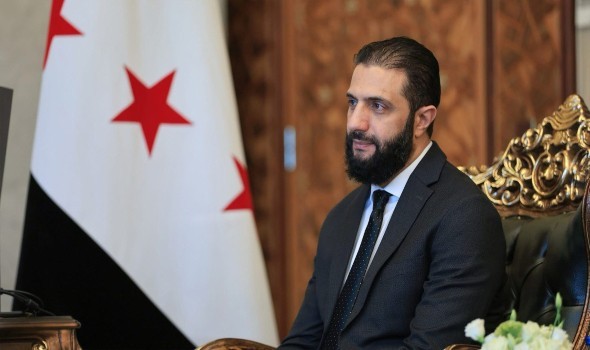
MOGADISHU (Somaliguardian) – Ethiopia has voiced firm opposition to plans by Somalia’s federal government to establish a parallel Jubaland administration in Gedo region, warning that it will not tolerate any alternative authority near its border.
The move underscores Addis Ababa’s longstanding support for the existing Jubaland leadership under Ahmed Mohamed Islam, widely known as Ahmed Madobe.
Senior Ethiopian military and intelligence officials arrived in the border town of Dolow over the weekend to deliver a clear message to local clan elders and regional officials. According to sources familiar with the meetings, Ethiopian representatives stated that any attempt to create a rival administration in Gedo would be viewed as a direct threat to Ethiopia’s national security and regional stability. They emphasized that Addis Ababa would not stand by passively in the face of such developments.
The federal government in Mogadishu has ramped up efforts to establish a new regional authority in Gedo following the collapse of recent talks between Somali President Hassan Sheikh Mohamud and Ahmed Madobe in Kismayo. The talks lasted only one day and ended without agreement, prompting the federal government to pursue alternative measures to weaken Madobe’s grip on Jubaland.
Prime Minister Hamza Abdi Barre is reportedly spearheading the plan to form the parallel administration, which insiders say is part of a broader strategy to pressure Madobe into ceding power or agreeing to participate in a federally-favored electoral process. The initiative appears to have tacit backing from factions within the presidency and intelligence community, though it has yet to gain significant traction on the ground.
Sources suggest that Abdullahi Sheikh Ismail Fartag, the current federal minister of security, is being considered to lead the new administration in Gedo, while former deputy intelligence chief Abdullahi Adan Kulane is tipped for the regional security portfolio. The federal government has reportedly set a 45-day deadline to establish the new authority, though its implementation remains unclear and controversial.
Kenya, another key player in Jubaland politics, has also expressed quiet disapproval of the federal government’s plans. Nairobi, like Addis Ababa, has been a consistent supporter of Madobe, who has ruled Jubaland for more than 15 years with the backing of both neighboring countries and segments of the international community. Attempts by successive federal governments in Mogadishu to remove or sideline Madobe have repeatedly failed, largely due to regional and clan dynamics, as well as external support.
The unfolding power struggle in Gedo not only risks deepening the rift between Somalia’s federal government and Jubaland administration but could also strain relations with Ethiopia and Kenya – both of which view a stable, cooperative administration in Kismayo as critical to their own border security and counterterrorism efforts.
As consultations in Mogadishu continue, the question remains whether the federal government can navigate the complex clan politics and regional geopolitics necessary to implement its plan – or if the latest push will further entrench the deadlock in southern Somalia.
Contact us: info@somaliguardian.com










